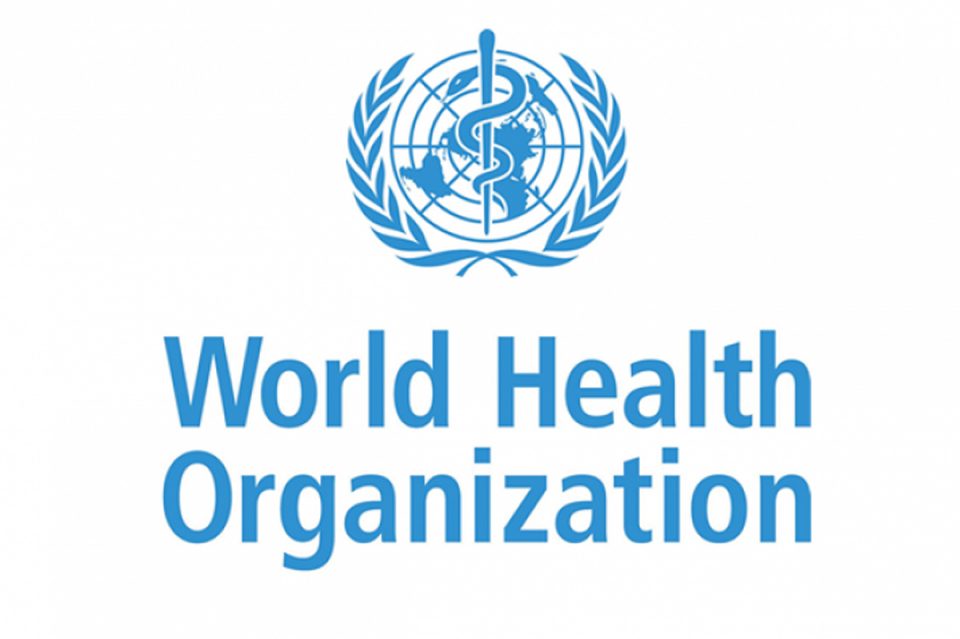The 2021 viral hepatitis scorecard by the World Health Organisation indicates that an estimated 998,000 children under five years in Nigeria are chronic carriers of Hepatitis-B antigen.
The scorecard also showed that not less than 11,679,000 other Nigerians are chronic carriers of viral Hepatitis-B.
The scorecard, obtained by our correspondent on Sunday, looks at data from the African region but focuses on Hepatitis B and C, both of which cause liver cirrhosis and cancer.
It discovered that in 19 countries, more than 8% of the population is infected with Hepatitis B, while in 18 countries, more than 1% of the population lives with Hepatitis C.
Hepatitis is an inflammation of the liver that is caused by a variety of infectious viruses and non-infectious agents, leading to a range of health problems, some of which can be fatal. There are five main strains of the hepatitis virus, referred to as types A, B, C, D, and E.
In particular, types B and C lead to chronic disease in hundreds of millions of people and, together, are the most common causes of liver cirrhosis, liver cancer, and viral hepatitis-related deaths.
The Hepatitis B virus is most commonly transmitted from mother to child during birth and delivery, as well as through contact with blood or other body fluids during sex with an infected partner, unsafe injections, or exposure to sharp instruments.
The scorecard showed that Nigeria has one of the highest numbers of people who are chronic carriers of the deadliest strain of the virus among the listed 47 member states in the African region.
It noted that Nigeria’s prevalence of the anti-hepatitis C virus is at 1.3%.
The report noted that while Nigeria has a national hepatitis treatment programme and a national strategic plan for viral hepatitis, the hepatitis B immunisation coverage is at 58%.
According to the WHO, Africa accounts for roughly 70% of all hepatitis B infections worldwide. It can take decades after infection by the virus before an individual starts manifesting symptoms.
The WHO Regional Director for Africa, Dr. Matshidiso Moeti, said, “Hepatitis has been called the silent epidemic, but this scorecard is sounding an alarm for the region and the world to hear.
“We must do better and stop this disease from stealing away our children’s future. There is a safe and effective vaccine that provides nearly 100% protections against Hepatitis B, one of the virus’s most lethal strains. We must ensure that all African children are vaccinated within 24 hours of their birth and are followed up with two or more doses of the vaccine. “
Speaking with The PUNCH, a Professor of Public Health and former National Chairman of the Association of Public Health Physicians of Nigeria, Prof. Tanimola Akande, lamented the high burden of hepatitis in Nigeria.
“It is important for individuals to be tested and know their status. More importantly, Nigerians should prevent this disease through vaccination, which is available in Nigeria. Other precautionary measures should be taken, like preventing transmission through sex, blood transfusion, and needle injuries.
Also, a medical laboratory scientist at the Department of Microbiology, Nnamdi Azikiwe University Teaching Hospital, Nnewi, Anambra State, Obinna Chukwudi, said the prevalence of hepatitis B and C is high because they can be transmitted through blood, blood products, and sexual intercourse.
Chukwudi said, “Hepatitis B and C can be transmitted through blood and blood products, sexual intercourse, and that is why their prevalence is usually very high because people, especially adults involved in sexual intercourse, have such tendencies and transmission from mother to child.
“The spread is increasing. People are protecting themselves against HIV, but most of the time they forget some co-infections may be taking place and we have to start creating awareness about this.
“We need to take certain activities very seriously in this country. In the hospital, we have to be sure the blood and blood products are properly screened and the hospital facilities need to be clean.
“People must also protect themselves adequately and get vaccinated against hepatitis



